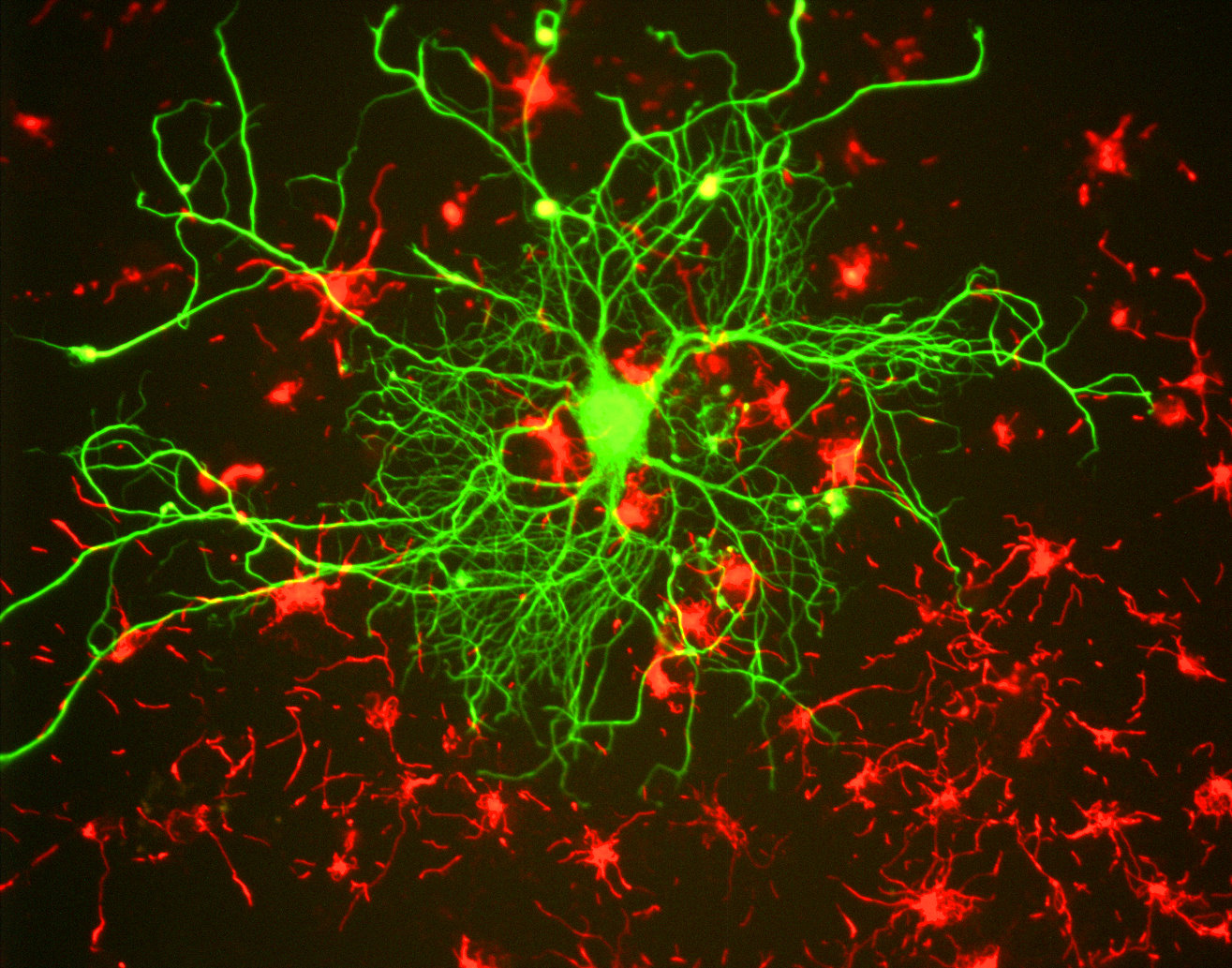Karuna raises $68m to develop neurology drug KarXT

Karuna Therapeutics has raised $68 million to further develop its neurology drug KarXT, which is in phase 2 clinical development for acute psychosis in patients with schizophrenia. Formerly known as Karuna Pharmaceuticals, the company is an affiliate of US-based PureTech Health, and will use funding to develop KarXT into additional indications. The $68 million Series B funding round includes investment from ARCH Venture Partners, with participation from Fidelity Management & Research Company, Eventide Asset Management, Pivotal bioVenture Partners, Partner Fund Management, Wellcome Trust, Sands Capital, Alexandria Venture Investments, and founder PureTech Health. Karuna wants to develop KarXT, a combination of novel muscarinic acetylcholine receptor agonist xanomeline, and the FDA-approved muscarinic receptor antagonist trospium chloride, which has been shown not to enter the central nervous system. KarXT is designed to preferentially target M1/M4 muscarinic receptors in the brain while inhibiting their stimulation in peripheral tissues to significantly improve tolerability. A pair of phase 1 clinical trials have demonstrated a clinically meaningful reduction in side effects compared to xanomeline and demonstrated that KarXT is well tolerated in healthy volunteers. KarXT is currently being evaluated in a phase 2 clinical trial as a potential treatment for acute psychosis in patients with schizophrenia. Proceeds from the financing will be used to advance the development of KarXT into several new indications, including geriatric psychosis and pain, progress new formulations of KarXT, expand the pipeline, and continue to build company infrastructure. A proprietary co-formulation of xanomeline and trospium in a single capsule was used in the second phase 1 clinical trial and is now being evaluated in the ongoing phase 2 clinical trial in patients with schizophrenia experiencing acute psychosis. Top-line data from this trial are anticipated by the end of 2019. A Phase 1b experimental pain trial in healthy volunteers and clinical work towards geriatric psychosis are expected to begin later this year.












